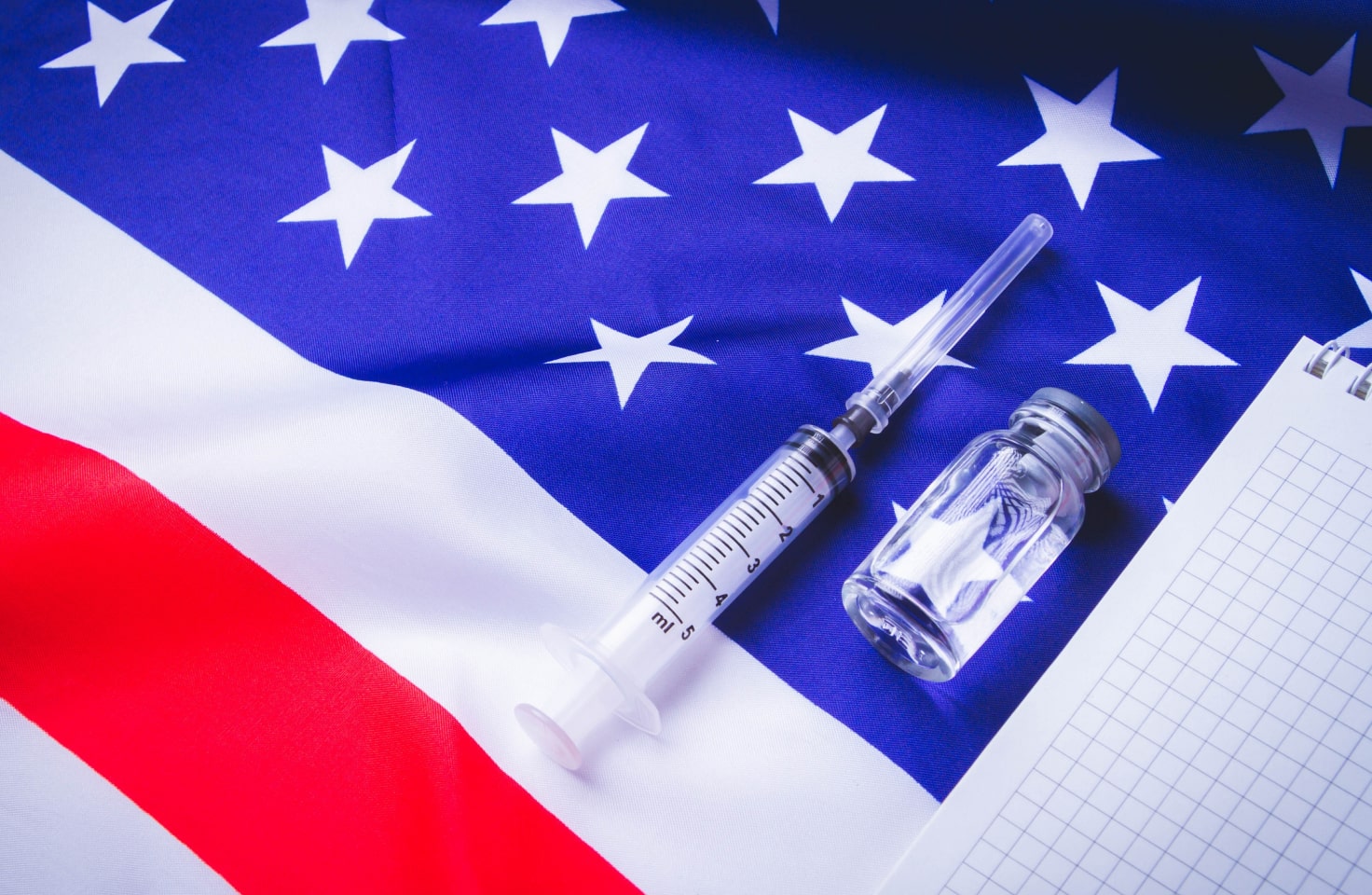T1D Guide
T1D Strong News
Personal Stories
Resources
T1D Misdiagnosis
T1D Early Detection
Research/Clinical Trials
Vertex T1D Trial VX-880 Moves into Phase III
Vertex Pharmaceuticals announced that the FDA has approved its T1D clinical trial, VX-880, and that it is moving into phase III.

What does this mean for you or your T1D?
Earlier this year, T1D Strong reported that Vertex Pharmaceuticals' VX-880 phases I and II were approved by the Food and Drug Administration (FDA) and are ready to move into phase III. This was after the FDA placed a clinical hold on the first two phases.
Overview of Vertex
Vertex Pharmaceuticals is a global biotechnology company with several initiatives to develop potential treatments for type 1 diabetes (T1D) and trials that research the disease at the cellular level. Founded in 1989 in Cambridge, Massachusetts, the biopharma also has international headquarters in London, UK. In addition to T1D research, its scientists also focus on areas such as cystic fibrosis, Sickle cell disease and Duchenne muscular dystrophy.
Vertex T1D Initiatives
In efforts to target type 1 diabetes, Vertex announced positive results from the VX-880 phases I and II at the American Diabetes Association’s (ADA) 84th Scientific Sessions.
Vertex VX-880
Vertex VX-880 is a stem cell-derived islet cell therapy designed to treat T1D by restoring the body’s ability to produce insulin through transplanted, fully differentiated pancreatic beta cells derived from stem cells.
The VX-880 trial infuses the stem cell derivatives into the patient’s liver to replace the insulin-producing cells lost in the initial autoimmune attack. This therapy requires immunosuppressant drugs to prevent rejection of the transplanted cells.
Phase III will include fifty T1D patients, aiming to achieve insulin independence with no hypoglycemic episodes.
Vertex VX-264
Vertex has another therapy focused on treating T1D, VX-264, which is another stem cell-derived islet cell therapy but with encapsulation. It’s one step beyond the VX-880 and is an ideal cure since the implanted cells are encapsulated in a protective device that eliminates the need for immunosuppressants. This clinical trial is currently in phases I and II. Vertex recently shared that this stem cell-derived islet therapy is progressing nicely and that they expect to share data in 2025. Check here for initial results.

Hypoimmune Cell Therapy
In this Vertex study, the VX-880 cells are implanted into the liver and do not require the use of immunosuppression. Hypoimmune cells are cells engineered to circumvent immune system attacks. In the past, Vertex has collaborated with CRISPR Therapeutics to develop gene-editing techniques. Vertex paid $100 million for the rights to CRISPR-Cas9 technology in hypoimmune cell therapies. In early 2024, Vertex opted out of its gene-editing joint effort with CRISPR; however, CRISPR continues to develop the program independently, and Vertex's gene-edited hypoimmune islet therapy is still in development.
Vertex’s Cell Line Manufacturing
However, none of these options are feasible without an adequate supply of cells. Cells used in research typically come from the limited supply of deceased donors, which is expensive and lacking.
The cell lines for the clinical trials derive from stem cells that can be replicated and mass-produced. This is slightly controversial, as some individuals disagree with using stem cells for medical research.
Vertex already has two partnerships to produce its cell line commercially. Two Vertex partnerships are currently working to manufacture the proprietary line of sBCs commercially.
1) Lonza Bioscience is working on groundbreaking ways to mass-produce Vertex’s cells.
2) TreeFrog Therapeutics is developing ways to amplify cells for Vertex’s T1D therapies.
Amping up the manufacturing process brings us closer to a cure. The VX-880 trial could potentially alleviate the cell supply issue and increase autoimmune protection research. Ideally, if the VX-880 cells can be mass-produced, this would solve the problem, garnering more cells for autoimmune testing research.
The Preclinical & Clinical Phases Toward FDA Approval
- Basic Research
- Translational Research
- Preclinical Research
- Phase I
- Phase II
- Phase III
- FDA and Market Approval

Most in the T1D community do not consider VX-880 a viable cure because it still requires immunosuppressant drugs. However, its success is still exciting, as the research is positioned to confront the cell supply issue if and when the therapy is sent to market. Cell manufacturing would ideally situate VX-264 into phase III.
The Immunosuppressant Debate
So far, VX-880 has acquired positive data by reporting insulin-independent cases in several patients. However, these patients must take immunosuppressant drugs. Some immunosuppressant therapies are known to weaken the immune system and may have serious risks and side effects.
Vertex faced a major setback in January 2024 when the FDA placed the trial on hold after two patients died. After further investigation, the FDA found the deaths unrelated to the transplanted cells, and the Vertex trials were free to continue.
Final Thoughts
As long as the VX-880 requires immunosuppression therapy, it’s still too risky for most T1Ds. Immunosuppression weakens a person’s resistance to infections and diseases like cancer. Even when the mass-produced cells become viable and affordable, the risk factor is still too great.
In contrast, Vertex's VX-264 is a much more viable option. The VX-880 is paving the way through its insulin-producing islet cells. Also, the engineered hypoimmune cells could lead to cell therapies for T1Ds that are cost-effective, safer, and don’t require immunosuppression.

Great discoveries don't happen over night. They require testing, building upon other programs and faith. Vertex is at the top of the heap, and closing gap in the race for a cure.


.webp)





.webp)
.jpg)
.jpeg)
.jpg)
.jpg)
.jpg)
.jpg)



.jpg)

.jpg)

.jpg)




.jpg)
.jpg)
.jpg)

.jpg)


.jpg)
















.jpg)




.jpg)







.webp)













.webp)






















.webp)








.jpg)











.webp)